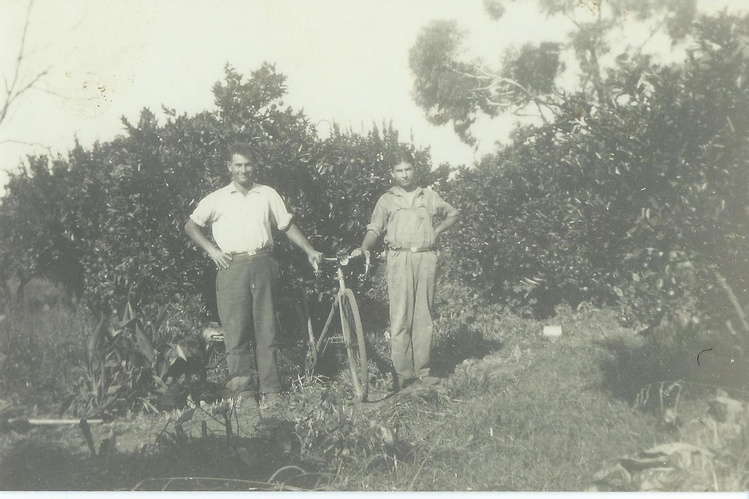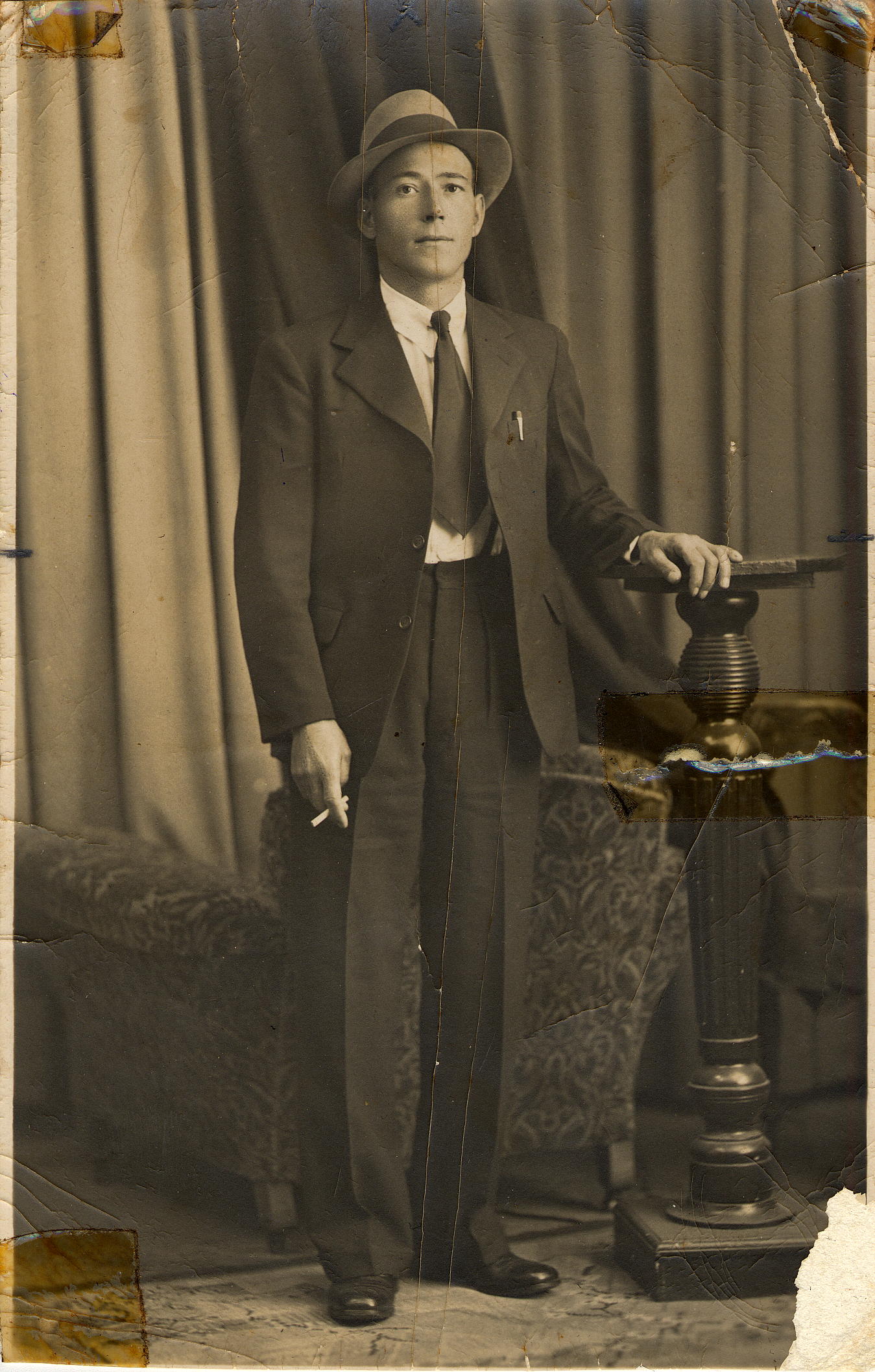The Italian contribution in Australian colonial history is well documented and discussed.
In the ‘20s and ‘30s many Italo-Australians worked in viticulture, mining, factories and as small business owners of fruit shops, delicatessens and bakeries.
Many Italians enjoyed an important role in the developing communities of New South Wales.
Less documented is the oppressive treatment of Italians in Australia and particularly New South Wales during World War II.
The Italian paranoia
When Mussolini’s Italy declared war in June 1940, a collective anti-Italian paranoia emerged, as Italians in Australia became “enemies” in the eyes of the state.
Many Italians experienced a loss of civil liberties under the National Security (Aliens Control) Regulations of 1939.
Italians were no longer permitted to have wirelesses, cameras, and other goods, especially guns, which could aid them in threatening Australia’s security.
This is all discussed in Francesca Musico Rullo’s chapter “Surveillance, Internment and Dislocation: The experiences of two Calabrian families in New South Wales during World War Two”, which forms part of Mia Spizzica’s book, Hidden Lives – War, Internment and Australia’s Italians.
War and internment
According to Francesca, the State Government of NSW was particularly vigorous in ensuring Italians were controlled.
Lists of Italians to be investigated and arrested were drawn up, with 172 Italians arrested on the first day after war was declared.
This was “The First Round Up”.
All alien foreigners were required to register at the local police station, and if they were not, they were also arrested.
Giuseppe Musicò, Francesca’s paternal grandfather, a farmer and market gardener in Bossley Park, was arrested in 1940 for failing to register as an alien.
He was taken to Long Bay Jail, where conditions were deplorable.
He was then transferred to the Orange internment camp, the Hay internment camp, and finally to the Loveday camp in South Australia.
Throughout his detainment, Giuseppe’s family in Australia wrote to authorities requesting his release, but were refused.
Little is known of Giuseppe’s personal experiences while in the camp; however one precious artefact has survived.
Giuseppe hand-carved the wooden plaque while in the camp at Hay.
Internees kept themselves busy creating wooden handcrafts, using very basic tools.
It is also said that unbeknownst to authorities, those detained were busy making grappa.
It was not until 1945 that Giuseppe was released.
He had remained in internment for almost five years.
Prejudice beyond the camps
On Francesca’s maternal side, the Lucchese family had a different experience of the wartime period.
The family was well-respected in the rural town of Leeton, where they lived.
When its patriarch Antonio died in September 1939, both the local and Italian newspapers featured articles.
The Lucchese family farmed stone fruit, citrus and grapes.
Some of them met residency requirements and applied for naturalisation in mid 1939.
While Alfonso, Antonio’s son was granted citizenship, Teresa, Francesco, and Ferdinando were required to register as aliens at the outbreak of war in 1939.
Although the Lucchese family were compliant and escaped internment, their lives were still greatly affected by them being “Italians” during the war.
The Lucchese property was searched by Leeton police, and Francesco’s application for a driver’s licence was refused despite him being “reliable and of good character”.
His license was later granted on the condition that he drove only around the Leeton district between 6:00 am and 6:00 pm Mondays to Saturdays, with no driving permitted on Sundays.
Learning from the past
These two family experiences reflect the different extents to which Italian families were affected by wartime restrictions.
“Regardless of political allegiances, national loyalty, citizenship, or their willingness to support Australia’s war effort, almost every Italian family in Australia needed to contend with considerable financial, social and personal difficulties during World War II because of their enemy alien status,” Mia Spizzica contends.
The period is an important learning phase for current political predicaments.
While Italians no longer bear the brunt of persecution in Australia, racist attitudes have transferred onto newer migrant communities, such as Muslim Australians.
Whether now or in the past, maltreatment of entire groups for political ideology is “contradictory and counterproductive”, Francesca says.
“When you look at their files there’s no evidence of them being a security risk,” she adds.
“The sad part about it is that there were many Italians in internment camps whose own sons were actually fighting for Australia in the war.
“Italian Jews who left Europe to escape detainment were also placed in the camps.”
Francesca Musico Rullo will be speaking at The Italian Forum Cultural Centre, Leichhardt, on Wednesday, September 26, on World War II and Australia’s Italians – Internment, the Home Front and Finding Your Family’s Story!
For more information click here.















